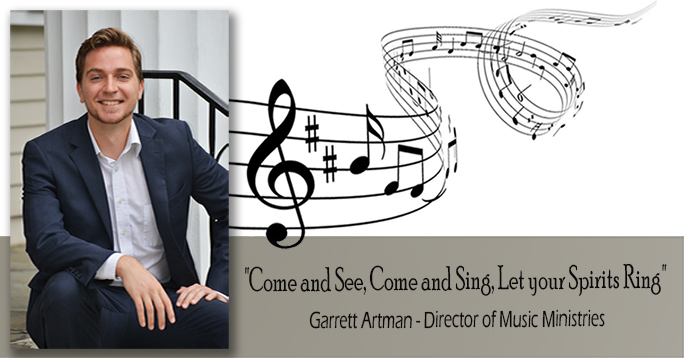
Richard Rohr’s Daily Meditation From the Center for Action and Contemplation Week Forty-Eight: The Future of Christianity THE LIVING CHURCH
CAC teacher Rev. Dr. Barbara Holmes finds hope in the innovative, Spirit-empowered resilience of the Black church in the United States. In CAC’s recent webcast, The Future of Christianity, she reflected:
The contemplative movement—which is now finding roots in BIPOC [1] congregations and African-American traditional denominations—is growing, and I’m watching more and more people turn away from an entertainment-focused worship style and leaning more toward a growth that is internal rather than external. One of the reasons that the Black church has focused so much on music and exhortation is because in order to survive or to remain Christian, we had to look beyond the tenets of Christianity to the mystical. We had to be able to transcend, and the transcendence comes when you are singing a song that reaches a place that words can’t.
I was in church last Sunday, and we go to a very tiny little church on purpose, because I’m always looking for places where there’s a breakthrough of the presence of the Divine. I’m not so interested in articulate sermons. And they started singing a song “God Did It Suddenly”—this is before the preacher even took the pulpit—but suddenly there was this moment where everything changed: “God changed the way I walk, the way I talk, changed my attitude, and God did it suddenly.” It’s that understanding—that God can enter in, no matter how devious the Christian tenets have become with regard to race, and suddenly change everything, can change the hearts of your enemies, can make you strong enough to be able to stand, can give you power and can give you strength.
The other thing that made us stay Christian, I think, is that we read the Bible differently, thank God. We saw Jesus walking on water and acting like a shaman. We know shamans. We saw the walls of Jericho fall from walking. And we knew that this God that allowed us to be transported in chains from Africa was the God who could also free us. So we weren’t listening to what they told us Christianity was; we had an understanding of Christianity rooted in our own African understandings.
In Holmes’s experience, leadership and ministry didn’t come from official ordination, but from the movement of the Holy Spirit among the people: You always knew who had the gifts, ’cause they couldn’t fake it. If in their presence folks got healed, that was a healer. If they could walk up to you and tell you what your life had been and what was going to happen tomorrow, that was a discerner. And so there are all these gifted people around but they didn’t have any power within church structures, which made people like me realize that the real power was not in the structure of the church, but in the living church. The gifted prophets in our midst.
[1] BIPOC is an acronym for Black, Indigenous, People of Color.
Yours in harmony, Garrett
